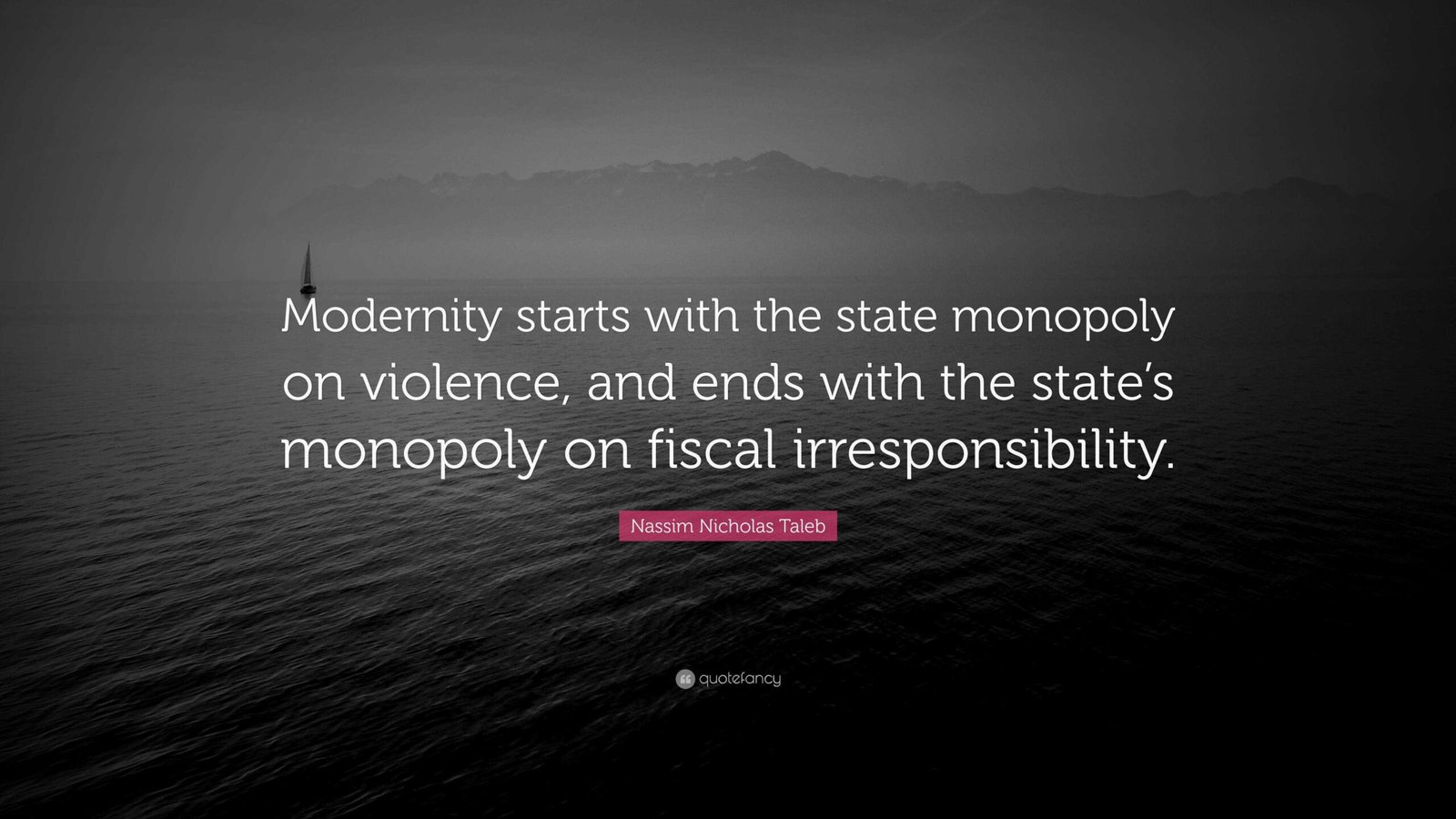**The Indispensable Principle of State Monopoly on Violence: A Pillar for Stable Governance**
In the annals of history and the corridors of modern political discourse, a principle both ancient and undeniably crucial has asserted its relevance time and again—the state’s monopoly on violence. This concept, far from being a mere theoretical curiosity, stands as a cornerstone upon which the edifice of stable governance is erected. It is through this lens that we must examine not only historical contexts such as the early Israeli factions but also contemporary debates surrounding American gun rights.
At its core, the principle asserts that for a society to function harmoniously and justly, the state alone must possess the authority to use or sanction force. This doctrine does not merely suggest preference; it posits an essential condition for societal stability and order. In examining early Israeli history, one observes how various armed factions within its nascent stages posed significant challenges to unity and governance. These instances serve not as antiquated footnotes but as vibrant illustrations of why this principle matters profoundly.
Transitioning to our current milieu—especially in relation to American gun rights—a similar thread emerges. The discussions are no longer confined to academic circles or historical retrospections; they pulsate at the heart of our national dialogue. Advocates for conservative social values understand that respecting this principle does not infringe upon individual liberties but rather safeguards them against anarchic erosion.
Critics might hastily label such positions as archaic or overly stringent without fully grappling with their depth. However, those grounded in moral clarity recognize that relinquishing society’s reins into a multitude of unchecked hands invites chaos rather than freedom. The debate over gun rights in America often becomes clouded by emotional rhetoric on both sides; yet, at its essence, it beckons us back to this foundational principle.
It is imperative to acknowledge that advocating for a state’s monopoly on violence does not equate to endorsing government overreach or tyranny—an accusation all too quickly levied by opponents. Rather, it champions a framework within which laws can be effectively enforced and individual rights robustly protected. Without such structure, we risk descending into lawlessness where might dictates right—a scenario antithetical to our nation’s founding ideals.
As proponents of conservative social values rooted in religious freedom, pro-life policies, and traditional marriage—values predicated upon respect for inherent dignity and ordered liberty—we must articulate why principles like these are indispensable for society’s well-being. Moral relativism offers no anchor in turbulent times; instead, it perpetuates uncertainty by suggesting there are no absolute truths or standards.
The conversation around states’ monopoly on violence transcends mere policy debate—it touches upon our collective vision for what kind of society we aspire to be: one marked by justice tempered with mercy, authority exercised with wisdom, and freedoms enjoyed with responsibility.
Thus equipped with moral clarity and unyielding conviction in our principles’ soundness—even amidst swirling currents of opposition—we march forward. Let us engage thoughtfully yet passionately in these discussions about who should wield power—and why—always championing policies that ensure stability while honoring every citizen’s inherent worth.

Leave a Reply